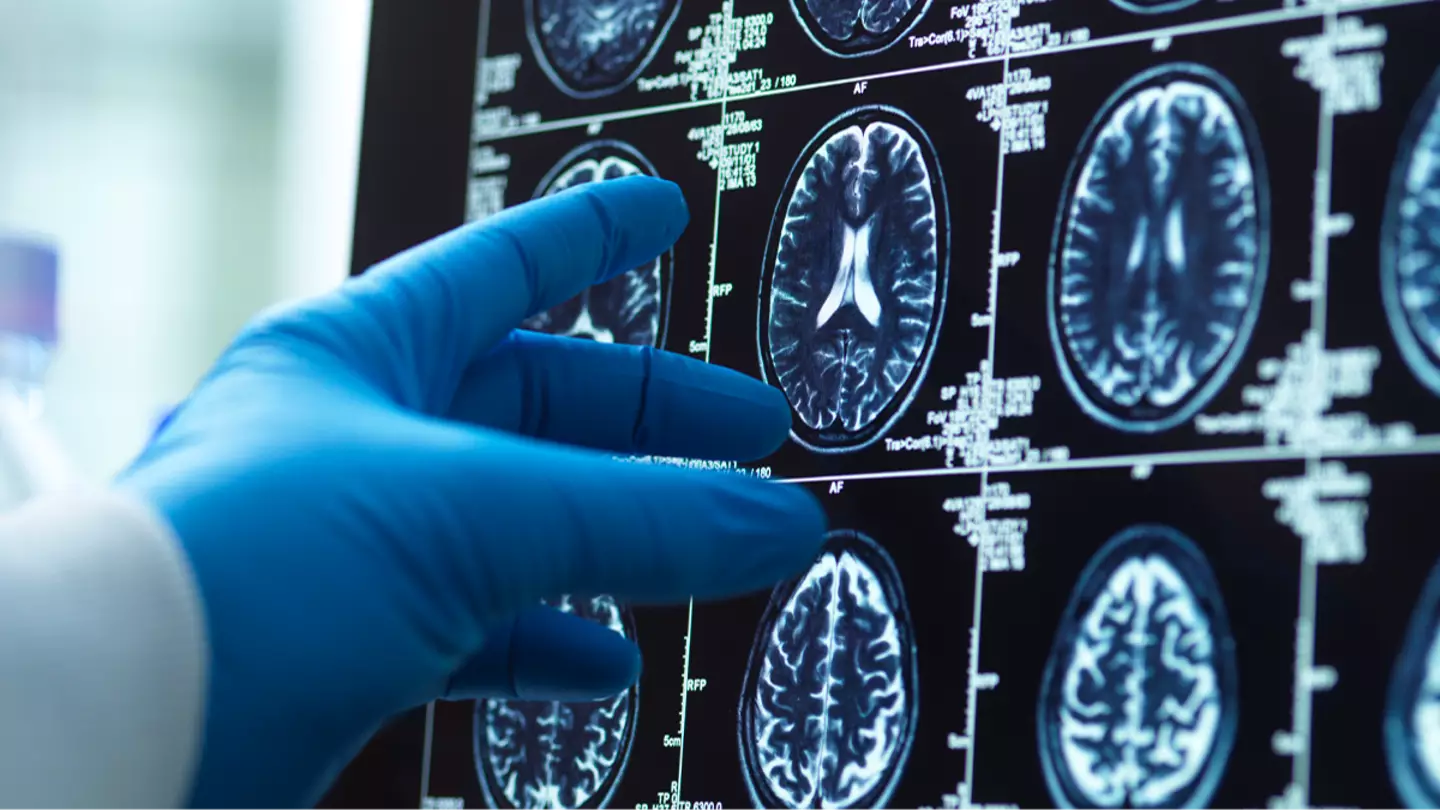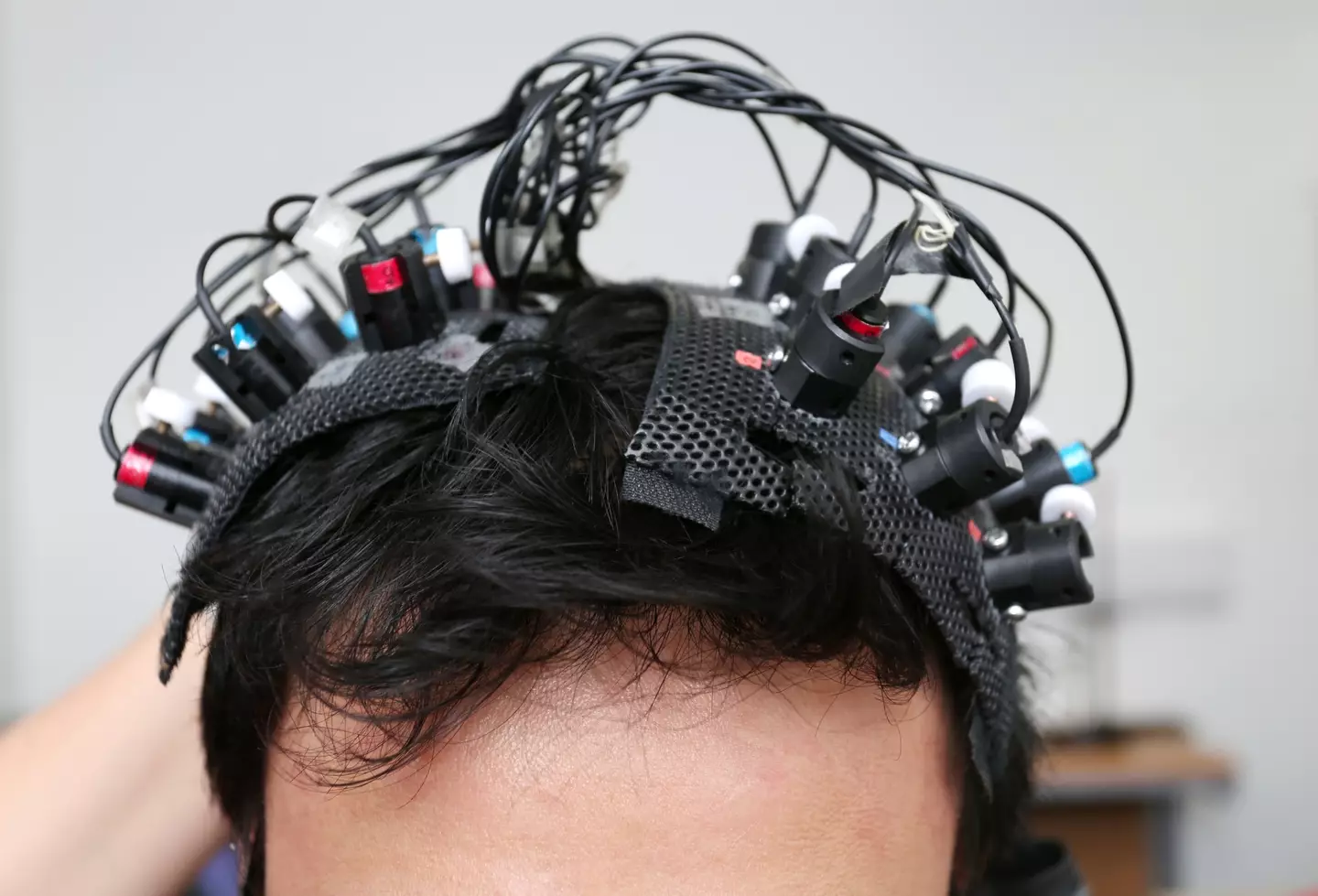
While some people have their concerns about the harm artificial intelligence can do, it's important to note it can also be hugely beneficial.
One particular area where AI may prove useful is in the health sector.
For example, one woman's breast cancer was detected four years before it developed with the help of AI.
Well, now, researchers hope the technology can help detected people at risk of dementia as well.
Advert
A team of scientists at Mass General Brigham put their heads together to create a new AI tool that records a person's brainwave patterns while they sleep.
.jpg)
This is done using electroencephalography (EEG) — a non-invasive technique that measures electrical activity in the brain through sensors placed on the scalp, explains a news release published on the academic healthcare system's website.
As to how the new game-changing tool was developed, researchers used sleep study data from a group of women aged over 65. They tracked these women over a five-year period.
Looking at changes in the brainwave patterns, they were able to predict which of them would later be diagnosed with cognitive impairment, i.e dementia.
These EEG devices could now help detect the condition much earlier and thus pave the way for earlier interventions.

In regards to the AI tool's success rate, it's said that it identified 85 percent of individuals who later developed cognitive impairment, with an overall accuracy of 77 percent.
Around the same time the sleep study using the EEG was conducted, the participants also underwent a series of cognitive tests.
According to the paper, 281 of the women tracked were recorded as having normal cognitive functioning at the time of the initial sleep study. The same cognitive tests were repeated five years later.
By the time the second round of assessments came around, 96 of the 281 had developed cognitive impairment.
With this in mind, they looked further into the brainwaves of those who ended up showing signs of cognitive impairment and spotted some 'subtle' changes.

Discussing the study, lead author Shahab Haghayegh, PhD, a founding member of the Mass General Brigham healthcare system, said: "Using novel sophisticated analyses, advanced information theory tools, and AI, we can detect subtle changes in brainwave patterns during sleep that signal future cognitive impairment, offering a window of opportunity for intervention years before symptoms appear."
It's now hoped that such technology will 'become a powerful tool in predicting cognitive decline'.
Topics: Health, Technology, Sleep, News, Artificial Intelligence